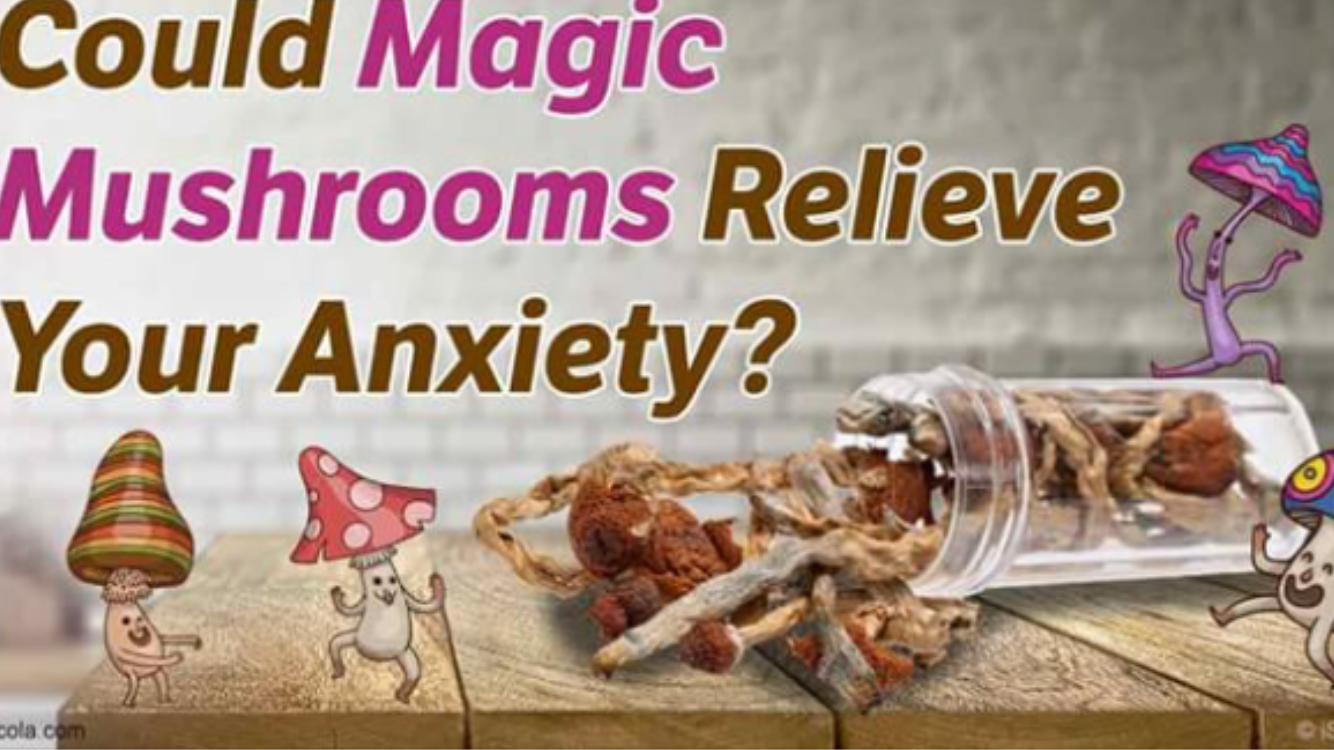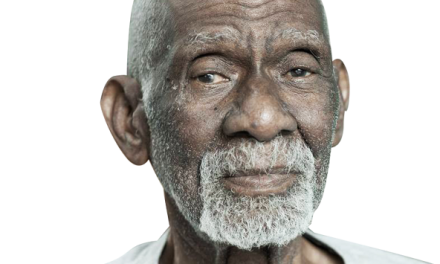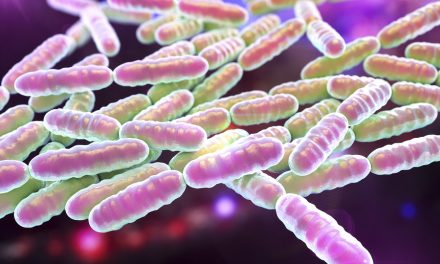A new study, published in the Journal of Psychopharmacology on Thursday, has shed new light on psilocybin (magic mushrooms) as a possible anti-anxiety and antidepressant therapy in patients with cancer. The study, which was led by researchers at NYU Langone Medical Center, reportedly saw patients respond to psilocybin to ease their anxiety and depression. Similar findings also were found in a separate study conducted at Johns Hopkins University.
For the nine-month study conducted at NYU Langone Medical Center:
29 patients had cancer-related anxiety and depression.
Half the participants were given either a single dose of psilocybin or a vitamin placebo called niacin. Seven weeks later, they were given the opposite.
Neither the patients nor the researchers knew who had first received psilocybin or the placebo.
Among the patients who were given psilocybin first, 83% still experienced an antidepressant response seven weeks later, compared with 14% who were given the niacin.
No adverse effects were reported outside of headaches or migraines, nausea, and transient anxiety or discomfort.
By 6½ months, after all the patients received psilocybin, 60% to 80% continued to experience antidepressant or anti-anxiety benefits.
By the end of the study, researchers found psilocybin to be a rapid, immediately acting anti-anxiety and antidepressant, said the study’s lead author, Dr. Stephen Ross, director of substance abuse services and associate professor in the Department of Psychiatry at NYU Langone.
For the Johns Hopkins study, fifty-one patients with a potentially life-threatening cancer diagnosis volunteered to participate:
All of them also had a diagnosis of anxiety, mixed anxiety and depressed mood, dysthymic disorder, generalized anxiety disorder, major depressive disorder or a dual diagnosis.
The patients were randomly given either a high or very low, placebo-like dose of psilocybin. Then given the opposite dose about five weeks later.
Patients were administered the psilocybin while in a living room-like environment, and they were closely monitored.
No serious adverse reactions, like hospitalization or mental health conditions, occurred.
Nausea or vomiting occurred in 15% of participants in the high-dose session and none in the low-dose session.
Physical discomfort occurred in 21% of participants in the high-dose session and 8% in the low-dose session.
Researchers found that the high-dose psilocybin saw significant decreases in both clinician-rated and self-reported measures of depressed mood and anxiety in patients and the effects lasted in 78% of patients for depression and 83% for anxiety in a follow-up assessment six months later.
While one dose doesn’t last forever or “cure” someone, it is progress and far healthier than what’s currently available on the market.
From the article:
“Psilocybin was made illegal in the United States in 1968. It’s classified as a Schedule I drug under the Controlled Substances Act, which means it has not been accepted for medical use and has a high potential for abuse.
The new studies, however, suggest that psilocybin be used only in a medical setting, said Dr. George Greer, co-founder, medical director and secretary at the Heffter Research Institute in Santa Fe, New Mexico, which funded both studies.
“Our focus is scientific, and we’re focused on medical use by medical doctors,” Greer said at the news conference. “This is a special type of treatment, a special type of medicine. Its use can be highly controlled in clinics with specially trained people.”












